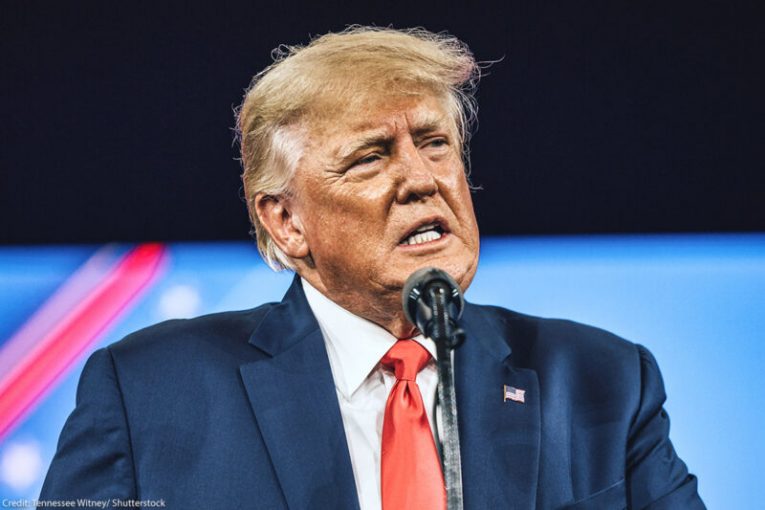
WASHINGTON, DC – Following Monday’s 60th Presidential Inauguration, the Mercury News reported Donald Trump withdrew the U.S. from the Paris Climate Agreement, foreshadowing greater clashes with California on the topic of climate change and environmental protections.
President Trump addressed the country on Monday, exclaiming “We will drill, baby, drill,” advocating to have “the largest amount of oil and gas of any country on earth (…) revoke the electric vehicle mandate (and) be a manufacturing nation once again,” as quoted by the Mercury News.
According to the Mercury News, President Trump’s decision to back out of the Paris Climate Agreement aligns with the rhetoric and policy from his first presidential term in 2017.
When former President Joe Biden took office following President Trump’s first term, the Biden Administration and courts overturned several of the environmental laws enacted by President Trump, which, as the Mercury News noted, aligned with the trend of Democratic states continuing to follow the Paris Climate Agreement’s “voluntary targets” to reduce global warming.
According to the United Nations Framework Convention on Climate Change (UNFCCC), the Paris Climate Agreement is “a binding agreement (that) brings all nations together to combat climate change and adapt to its effects,” with a goal to “limit global warming to 1.5℃,” which is only possible if “greenhouse gas emissions (…) peak before 2025 at the latest and decline 43 percent by 2030.”
Dustin Mulvaney, an environmental studies professor at San Jose State University, spoke to the impact President Trump’s climate actions could have on California, expressing that there will be “more rhetoric about California than impact,” according to the Mercury News.
Professor Mulvaney exclaimed, “California has very strong decarbonization policies and state environmental policies. The concern is all the other states. California can’t tackle climate change alone. But California will use the resources we have to move its targets forward.”
The Mercury News reports the five areas where California policy and federal policy under President Donald Trump would “clash” include, “vehicle emissions, offshore oil drilling, offshore wind energy, water policy and federal aid for wildfires and other natural disasters.”
Actions done by California during President Trump’s first term include the U.S. Climate Alliance created by former California Gov. Jerry Brown, which sought to reach Paris Climate Agreement targets “by expanding renewable energy, electric vehicles and other areas,” wrote the Mercury News.
The executive officer of the U.S. Climate Alliance, Casey Katims, emphasized in an article by the Mercury News that the participation of 24 other states in the U.S. Climate Alliance demonstrates how the states have “filled the void by the federal government before,” and that “Americans can be sure, we’ll do it again.”
Under President Trump’s first term, he utilized the Clean Air Act to justify why California’s environmental protection standards could not be “tougher,” than national standards, said the Mercury News.
In response, California partnered with large automakers, including Ford, Honda, Volvo, VW, and BMW, to reduce tailpipe emissions through 2026.
According to the Mercury News, the Biden Administration made an effort to “(withdraw) all federal waters off California, Oregon and Washington from new offshore drilling,” through a memo that used the Outer Continental Shelf Lands Act from 1953, according to the New York Times, which required a Congressional vote to overturn the federal judge’s decision.
On Monday, President Trump addressed offshore wind by “end(ing) leasing to massive wind farms that degrade your natural landscapes and fail to serve American energy consumers.”
These statements align with President Trump’s previous unsupported claims that wind turbines can cause cancer and kill whales, according to the Mercury News.
Former President Biden “already approved” wind turbine leases for several companies who have paid for the rights to do so, and Proposition 4 passed last November, which allocated “$475 million…to expand ports to help build and deploy wind turbines,” according to the Mercury News.
According to the Mercury News, last October, in response to natural disaster aid, President Trump “threatened to deny (aid) to California…over disagreements with the state over forest management and water policy.”
This possible clash on natural disaster policy has gained new relevance in light of the Los Angeles fires, where, according to the Mercury News, President Trump is scheduled to visit Friday.